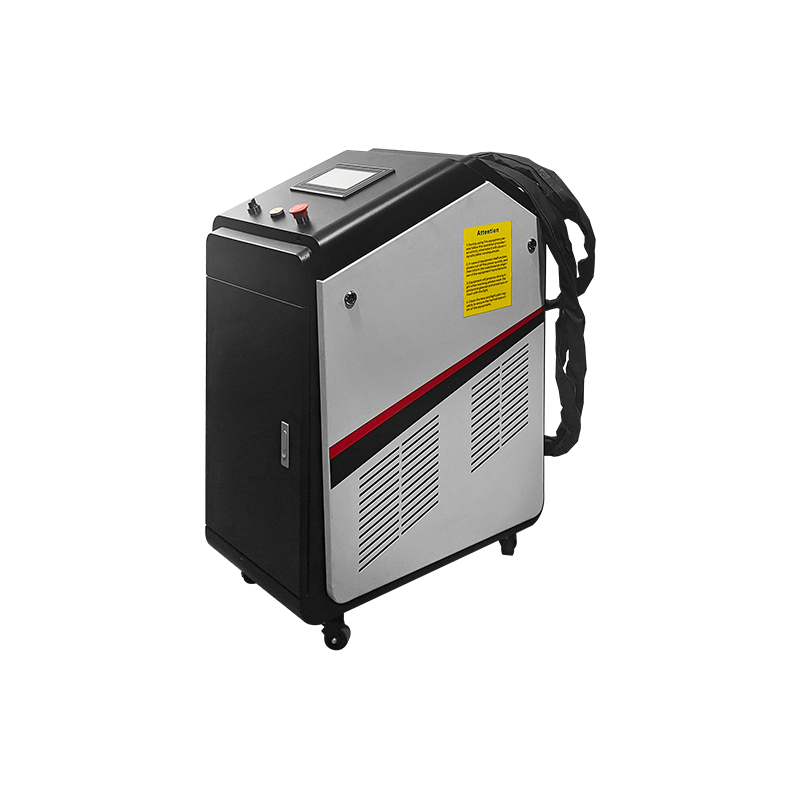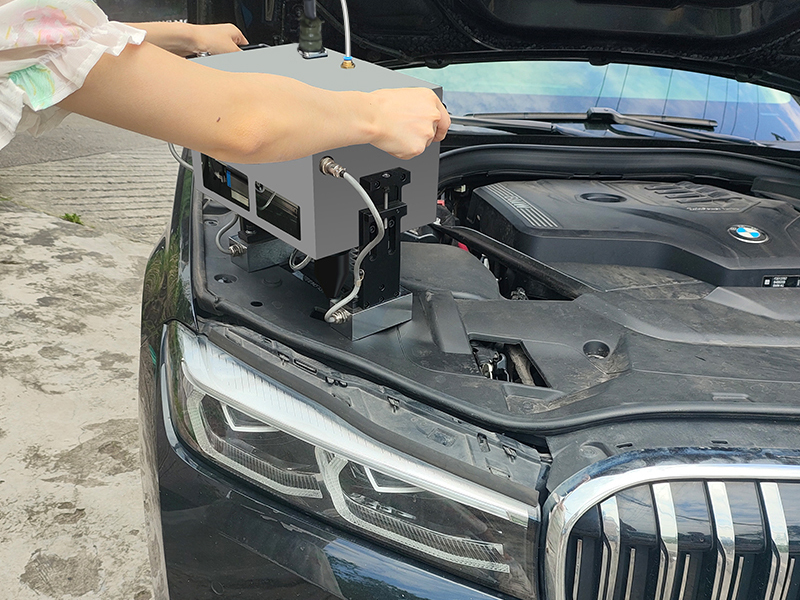Continuous vs. Pulsed Laser Cleaning Machine: Which Suits You Best?
Laser cleaning technology has gained a lot of attention in recent years for its ability to clean surfaces efficiently and without the need for harsh chemicals or abrasive methods. It’s a modern solution for industries looking to remove rust, paint, or other contaminants with precision and care. But when choosing between a continuous laser cleaning machine and a pulsed laser cleaning machine, which one is right for you? Let’s break it down.
What is Laser Cleaning Technology?
Laser cleaning technology is a modern method for removing unwanted materials from surfaces. It uses laser beams to eliminate rust, paint, grease, or other contaminants. The process is non-contact, meaning it doesn’t physically touch the surface being cleaned. This prevents damage to the material underneath.
Unlike traditional methods like sandblasting or chemical cleaning, laser cleaning is precise and eco-friendly. It doesn’t use abrasives or produce harmful waste. The laser targets specific areas with pinpoint accuracy, vaporizing the unwanted layer without harming the rest.
This technology works on various surfaces, from metals to delicate materials like stone or artwork. It’s used in industries such as manufacturing, aerospace, automotive, and heritage restoration.Laser cleaning is fast, efficient, and reliable. It’s an innovative solution for modern cleaning needs, combining high performance with environmental safety.
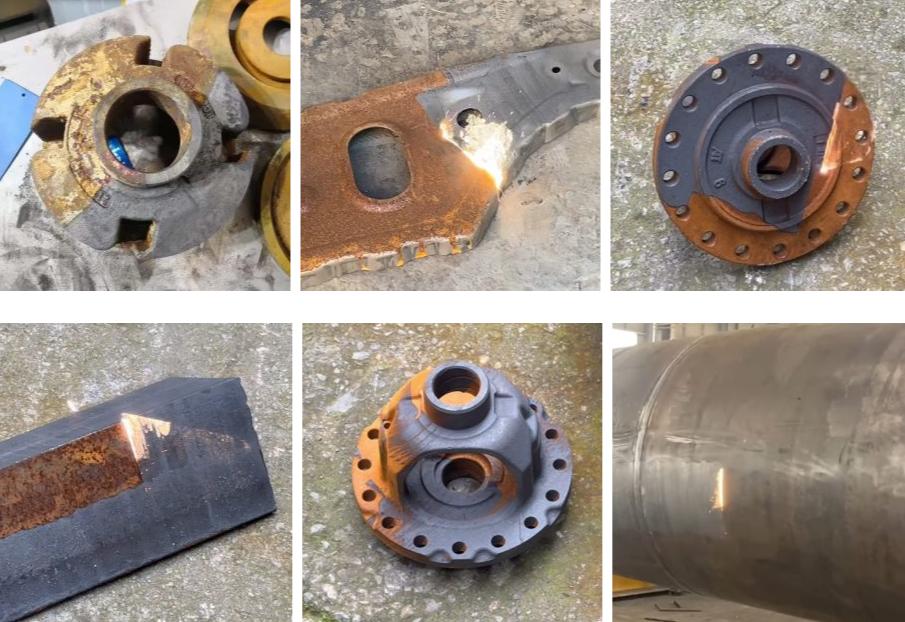
What is Continuous Laser Cleaning Machine?
A continuous laser cleaning machine emits a steady, uninterrupted laser beam to remove contaminants or coatings from a surface. This constant output makes it highly efficient for fast cleaning tasks, especially on tough and durable materials. It’s a go-to option for industries that need high-speed, large-scale cleaning solutions.
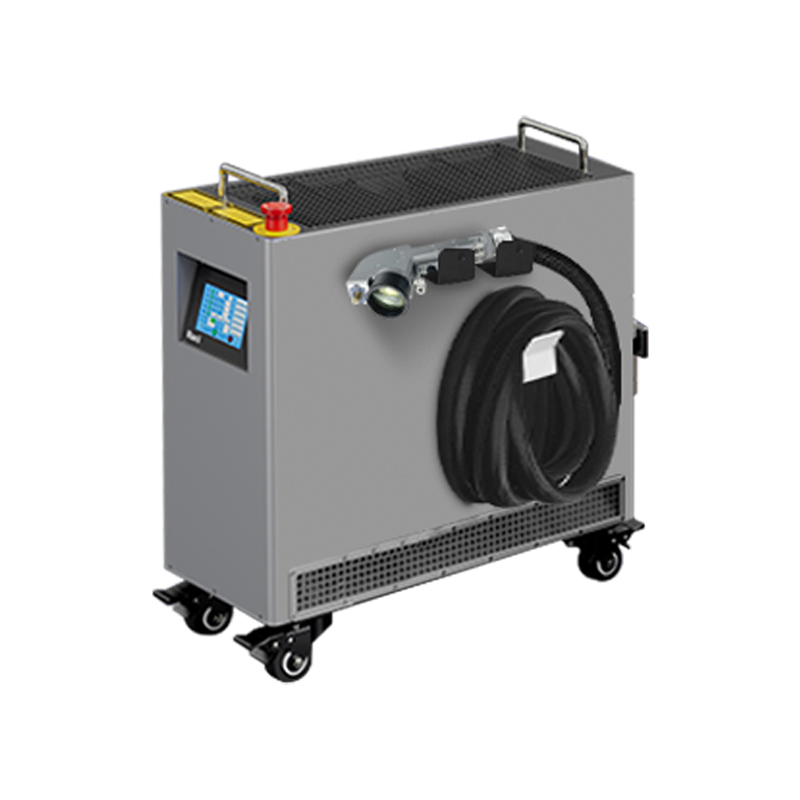
Key Benefits of Continuous Laser Cleaning Machines
- High-Speed Performance: Continuous lasers are great for cleaning large surfaces quickly, making them ideal for industrial and manufacturing environments.
- Simple Operation: These machines tend to have fewer components and simpler designs, which often means lower upfront costs and easier maintenance.
- Cost-Effective: Since the technology is simpler and the machines are more affordable, continuous lasers are a great choice for businesses needing efficient cleaning without breaking the budget.
Drawbacks
- Heat Buildup: Because the laser operates continuously, it can generate heat over time, which may not be suitable for more delicate surfaces.
- Less Precision: Continuous lasers are better suited for large, flat surfaces rather than intricate or detailed cleaning tasks.
What is Pulsed Laser Cleaning Machine?
A pulsed laser cleaning machine works by emitting laser beams in short, powerful bursts instead of a continuous stream. Each pulse delivers a concentrated amount of energy for a very brief moment, allowing precise cleaning without overheating or damaging the surface. This makes it especially useful for applications where delicate materials or intricate details are involved.
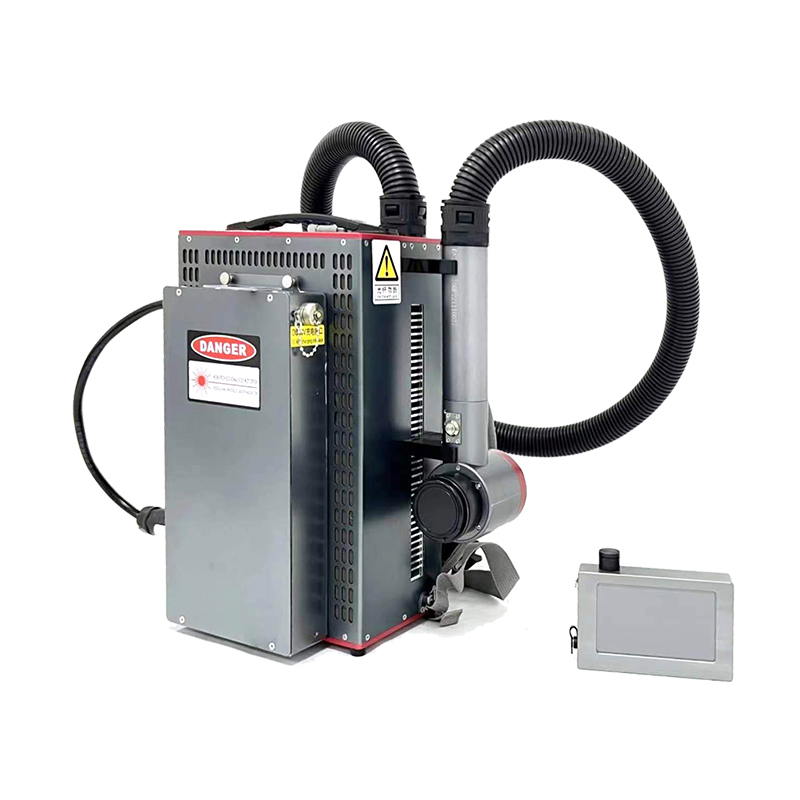
Key Benefits of Pulsed Laser Cleaning Machine
- Precision: The pulsed bursts allow for controlled energy delivery, making it easier to clean delicate or intricate surfaces without causing damage.
- Lower Heat Impact: Since the laser is not continuously active, there’s less heat transfer to the material, reducing the risk of warping or discoloration.
- Flexibility: Pulsed lasers can handle a variety of materials, from metals to delicate artifacts, without causing harm.
Drawbacks
- Higher Cost: These machines tend to be more expensive due to the advanced technology required to generate the pulsed energy.
- Slower Cleaning Speed: Pulsed lasers can be slower than continuous lasers, especially when cleaning larger areas, as they focus more on precision than speed.
Continuous vs. Pulsed Laser Cleaning Machine
When comparing continuous and pulsed laser cleaning machines, the main differences come down to how they deliver laser energy and what types of cleaning tasks they’re best suited for. Here’s a closer look:
| Feature | Continuous Laser Cleaning Machine | Pulsed Laser Cleaning Machine |
| Operation | Emits a steady, constant laser beam | Emits laser in short, high-intensity bursts |
| Cleaning Speed | Faster, ideal for large surface areas | Slower, but more controlled |
| Precision | Less precise, better for general cleaning | More precise, suitable for detailed tasks |
| Heat Effect | Generates more heat, may affect delicate materials | Less heat buildup, safer for sensitive surfaces |
| Cost | Generally more affordable | Higher due to advanced technology |
| Best For | Heavy-duty, industrial cleaning tasks | Fine, delicate cleaning tasks or precision work |
Continuous laser cleaning machines are perfect for quickly cleaning large surfaces or tough materials. They are highly efficient in industrial environments where speed is critical, such as removing rust or paint from heavy machinery. However, the steady laser output can generate heat, which may not be suitable for more delicate materials.
In contrast, pulsed laser cleaning machines deliver brief, powerful bursts of laser energy, offering higher precision and minimizing heat buildup. This makes them ideal for tasks requiring fine detail and care. While they are slower than continuous lasers, they shine in applications like art restoration or cleaning sensitive electronic components.
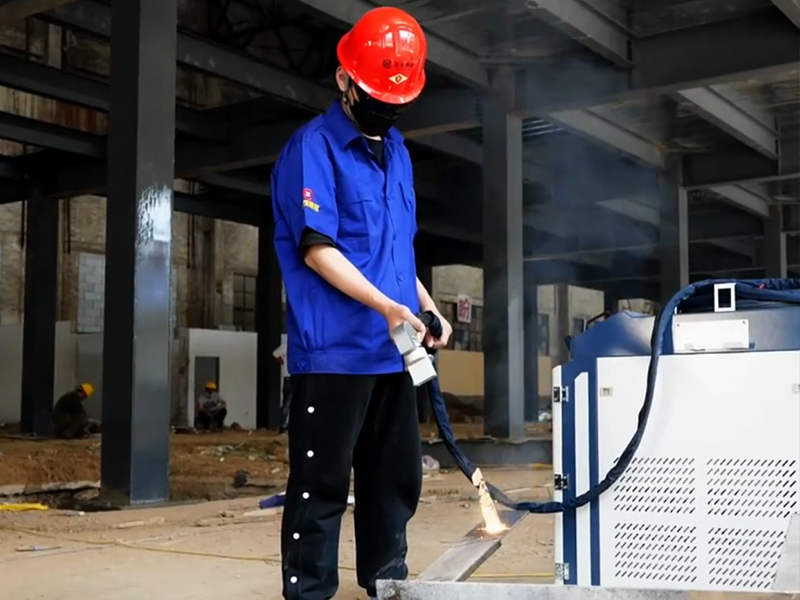
Which Type is Right for You?
The choice between a continuous and pulsed laser cleaning machine depends on your specific requirements:
- When Speed is Crucial: For large-scale tasks that demand fast results, such as cleaning machinery or removing rust from expansive surfaces, a continuous laser cleaning machine is the ideal choice. It offers efficiency and cost-effectiveness.
- When Precision is Key: For jobs that involve delicate or valuable materials—like art restoration or cleaning sensitive electronics—a pulsed laser cleaning machine provides the accuracy and control you need.
- Weighing Budget and Needs: Continuous lasers are more affordable and easier to maintain, while pulsed lasers represent a higher investment for specialized, precision-driven tasks.
Choosing the right laser cleaning machine depends on your specific needs. Continuous lasers are ideal for large-scale, fast cleaning tasks, offering efficiency and cost-effectiveness. Pulsed lasers, however, provide greater precision for delicate materials and intricate jobs. By considering factors like speed, material sensitivity, and budget, you can select the best machine to meet your cleaning requirements.
Recommended Products

